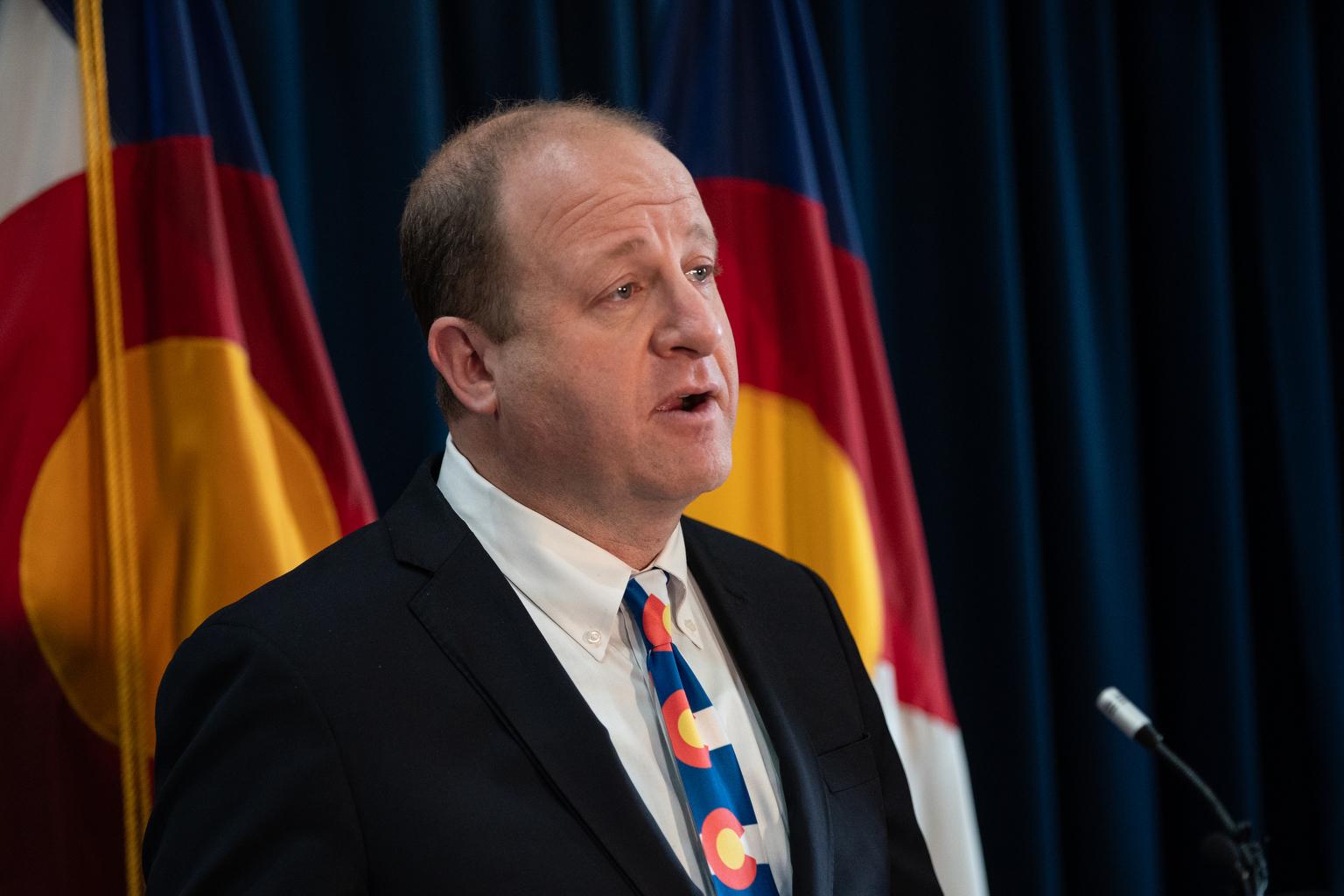Originally published on September 5, 2019 12:06 pm
It takes a lot of grit, and good pair of ski goggles, to live in Ophir, Colorado.
Winds can reach 70 miles per hour during the winter in this old mining town nestled in a box canyon near Telluride. And sometimes, residents have to park well short of town and hike through the big snowdrifts to get back home.
"It feels like I could be on the side of Mount Everest hiking home in the snow, laptop on my back, ski goggles on," said resident Brian Morgan.
During some winters, avalanches cut off the main road leading to Ophir for days at a time. And until late last year, residents had to share beer and live through this without the benefits of high-speed internet.
Sydney Roop remembers what life was like before the town got connected.
"The only way we were able to get any outside information on weather, news and road reports would be our public radio station," she said.
That meant making sure to catch the daily newscasts with an FM radio. It also meant when she finished work in the nearby town of Telluride, she had to run through a long checklist before heading to the dead zone back home.
"I've got to stay in town and make these phone calls. I've got to run by the library. Use the internet," she said. "You'd have to plan. You'd have to really plan."
But Roop doesn't have to do that anymore thanks to the persistence and tenacity of residents like Morgan, who runs an IT business. After a bumpy four-year quest to get high-speed internet, Morgan won't forget the day the switch was flipped last December.
"Right away, it was amazing," he said. "It was super-fast. It doesn't sound very special, but I worked all day at home, for me it was great, because I didn't have to drive. It was unique."
It wasn't easy bringing a fiber optic cable to Ophir. But a few years ago, the residents trying to bring it here caught a break. Morgan said an IT worker from Steamboat Springs helped locate a piece of fiber buried under a highway near town. From there, it was digging a three-mile long trench and connecting it to a 50-foot tall utility pole that beams the signal to the entire town.
Resident Nathan Schroepfer says the new connection helps him run his mountain biking business from home.
"You feel like you're in the middle of nowhere, but we have high-speed internet," he said. "It's kind of an interesting twist to it. But I think the community is an outdoorsy group of people, so I don't know if it has the same effect here as it does other places where it locks people behind a computer screen. But my guess is usage has gone up, especially with the kids."
And Roop said the fast, new connection allows her to do things many in the modern world take for granted.
"It's completely changed my life," she said. "Like, it's convenient to use Wi-Fi to call. I can call my mom. My grandmother. My family. I can do online banking. I can do shopping for things. It's just a way to be connected to everything."
Morgan said it took many people, and years of patience, to get broadband to a place as remote as Ophir.
"We went down so many different avenues to get to where we're at, and we had so many different people involved," he said.
He said the former town manager, Randy Barnes, played a key role and helped pour the concrete needed to secure some of the new broadband equipment.
"It's way more important than our entertainment needs such as Netflix and YouTube and that kind of stuff," he said as he explained how broadband allows children to do online homework and other residents to telecommute. "It's been really great. Almost every time I'm walking around the neighborhood, I get a thumbs up" from people happy about the new internet.
And now, when an avalanche blocks the only road into town, residents wake up to find an email giving them a heads up.
Capitol Coverage is a collaborative public policy reporting project, providing news and analysis to communities across Colorado for more than a decade. Eleven public radio stations participate in Capitol Coverage from throughout Colorado.
Copyright 2019 KUNC. To see more, visit KUNC.








